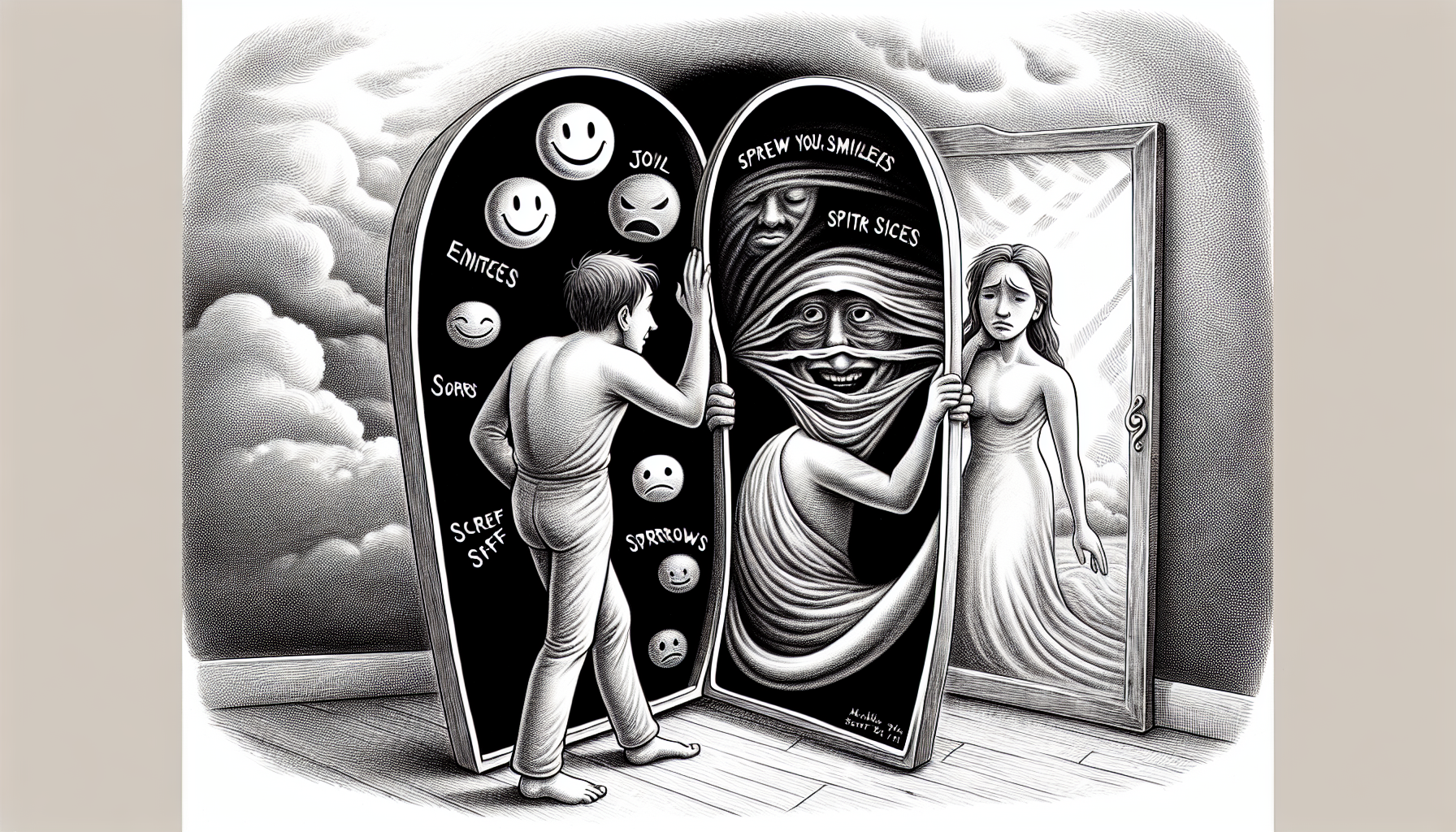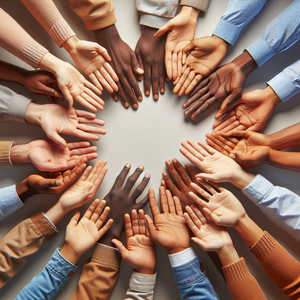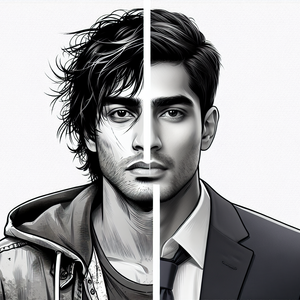The Power of Personal Documentaries

Personal documentaries have gained traction in recent years, driven by advancements in technology and the democratization of film production. With the availability of affordable cameras and editing software, more people can share their stories without the need for traditional gatekeepers. Platforms like YouTube, Vimeo, and social media have enabled filmmakers to reach global audiences, making it easier to disseminate personal narratives that might otherwise go unheard. One notable example is the work of filmmaker Jennifer Fox, whose personal documentary *The Tale* explores her childhood and the complexities of sexual abuse. Through a blend of animation and live-action, Fox creates a powerful narrative that resonates with many viewers. Her film exemplifies how personal documentaries can foster empathy and understanding, encouraging audiences to confront difficult subjects. This democratization of storytelling not only gives voice to individual experiences but also enriches the collective cultural tapestry by introducing diverse perspectives that may challenge dominant narratives.
The Impact of Personal Storytelling
At the heart of personal documentaries lies the power of storytelling. These films often address universal themes such as identity, family, and resilience, allowing viewers to connect deeply with the subject matter. By sharing their experiences, filmmakers can illuminate social issues, challenge stereotypes, and give voice to marginalized communities. For instance, the documentary *Won't You Be My Neighbor?* about Fred Rogers showcases the profound impact of kindness and empathy, encouraging viewers to reflect on their own values and interactions. Moreover, personal documentaries can serve as a form of therapy for the creators themselves. By documenting their journeys, filmmakers can process their emotions and experiences, leading to personal growth and healing. This cathartic aspect of filmmaking is evident in films like *The Act of Killing*, where director Joshua Oppenheimer confronts the atrocities committed during Indonesia's anti-communist purges. The act of recounting these events not only sheds light on historical injustices but also provides a platform for the filmmakers to confront their own complicity. This duality of impact—both on the filmmaker and the audience—creates a ripple effect, fostering a deeper understanding of complex societal issues while also allowing the creator to grapple with their own truths.
Navigating the Challenges of Authenticity
While personal documentaries offer unique insights, they also pose challenges regarding authenticity. Filmmakers must navigate the delicate balance between their personal truths and the expectations of their audience. The act of documenting one's life invites scrutiny, and creators often grapple with the fear of misrepresentation or exploitation of their own narratives. This is particularly true when addressing sensitive topics such as trauma or mental health. Filmmakers must consider how their stories may affect their loved ones, as well as the broader community. The documentary *Crazy Ex-Girlfriend*, which explores the mental health struggles of its creator, Rachel Bloom, exemplifies this challenge. Bloom’s work is both humorous and poignant, yet it raises questions about the responsibilities of creators to their subjects and audiences. Filmmakers are often tasked with portraying their experiences authentically while also being aware of how their narratives might influence perceptions of mental health and personal struggles. The ethical considerations surrounding representation can create tension, as creators strive to tell their stories while respecting the complexities of the experiences they depict.
The rise of personal documentaries represents a powerful shift in storytelling, offering a platform for self-expression and cultural commentary. As filmmakers share their intimate experiences, they invite audiences to engage with complex themes and challenge societal norms. However, the journey of documenting one's life is not without its challenges, particularly regarding authenticity and the potential impact on others. As technology continues to evolve, personal documentaries will likely remain a vital form of storytelling, allowing individuals to explore their narratives while fostering empathy and understanding among diverse audiences. In a world filled with noise and distraction, these films remind us of the power of personal stories to connect us and provoke meaningful conversations about the human experience. As we continue to embrace this genre, it is essential to support filmmakers in their quest for authenticity while recognizing the profound impact their stories can have on society as a whole.
Documentary Filmmaker
Independent production companies, streaming platforms (e.g., Netflix, Hulu), and film festivals
Core Responsibilities
Research and develop concepts for personal documentaries that resonate with audiences and convey authentic narratives.
Conduct interviews with subjects, ensuring a respectful and empathetic approach to sensitive topics.
Edit footage to create a cohesive story, balancing personal viewpoints with broader societal themes.
Required Skills
Strong storytelling skills and knowledge of film production techniques.
Proficiency with editing software (e.g., Adobe Premiere Pro, Final Cut Pro).
Experience in documentary filmmaking, with a portfolio showcasing diverse topics.
Cinematographer for Documentaries
Film production studios, television networks, and documentary-focused organizations
Core Responsibilities
Capture high-quality footage that enhances the emotional depth of personal stories, using various camera techniques and equipment.
Collaborate closely with the director to achieve the desired visual style and narrative tone.
Scout locations and assess lighting conditions to ensure optimal filming environments.
Required Skills
Expertise in camera operation, lighting, and composition specifically tailored for documentary settings.
Ability to adapt quickly to changing circumstances during shoots.
A creative eye for framing shots that convey authenticity and emotion.
Film Editor Specializing in Personal Documentaries
Production houses, independent filmmakers, and digital media companies
Core Responsibilities
Edit raw footage into a polished final product, ensuring the narrative flows smoothly and emotionally engages viewers.
Work closely with directors to incorporate feedback and make necessary adjustments based on the evolving story.
Manage sound and visual effects to enhance the storytelling experience.
Required Skills
Proficiency in editing software (e.g., Avid Media Composer, DaVinci Resolve).
Strong understanding of narrative structure and pacing unique to documentary storytelling.
Experience with archival footage and integrating various media formats.
Story Producer for Documentary Series
Television networks, streaming services, and production companies specializing in documentary content
Core Responsibilities
Develop and structure the overarching narrative for documentary series, focusing on character arcs and thematic elements.
Collaborate with researchers and directors to gather material that supports the series' objectives.
Oversee the writing of scripts and provide direction during filming to ensure the story remains engaging and authentic.
Required Skills
Strong writing and narrative development skills, particularly in non-fiction storytelling.
Ability to manage multiple storylines and weave them into a cohesive series.
Experience in the documentary production process and familiarity with audience engagement strategies.
Ethics Consultant for Documentary Filmmaking
Non-profit organizations, film festivals, and documentary production companies
Core Responsibilities
Advise filmmakers on ethical considerations related to the portrayal of sensitive subjects, ensuring responsible representation.
Review scripts and footage to identify potential ethical concerns, such as misrepresentation or exploitation of subjects.
Conduct workshops or training sessions for filmmakers on best practices in ethical storytelling.
Required Skills
Deep understanding of ethical frameworks in documentary filmmaking and storytelling.
Strong communication skills to effectively engage with filmmakers and provide constructive feedback.
Experience in social work, psychology, or ethics, particularly related to media representation.


